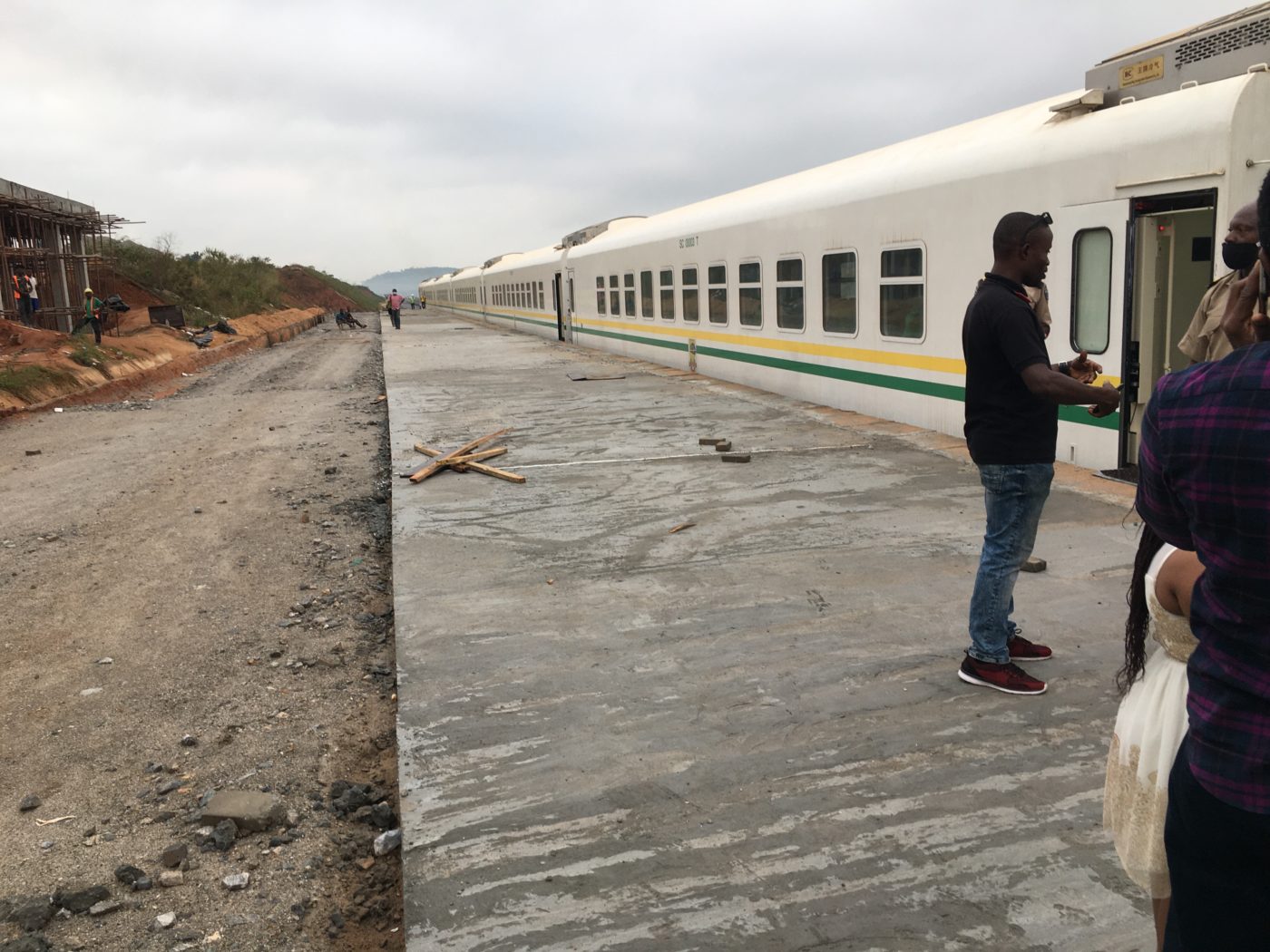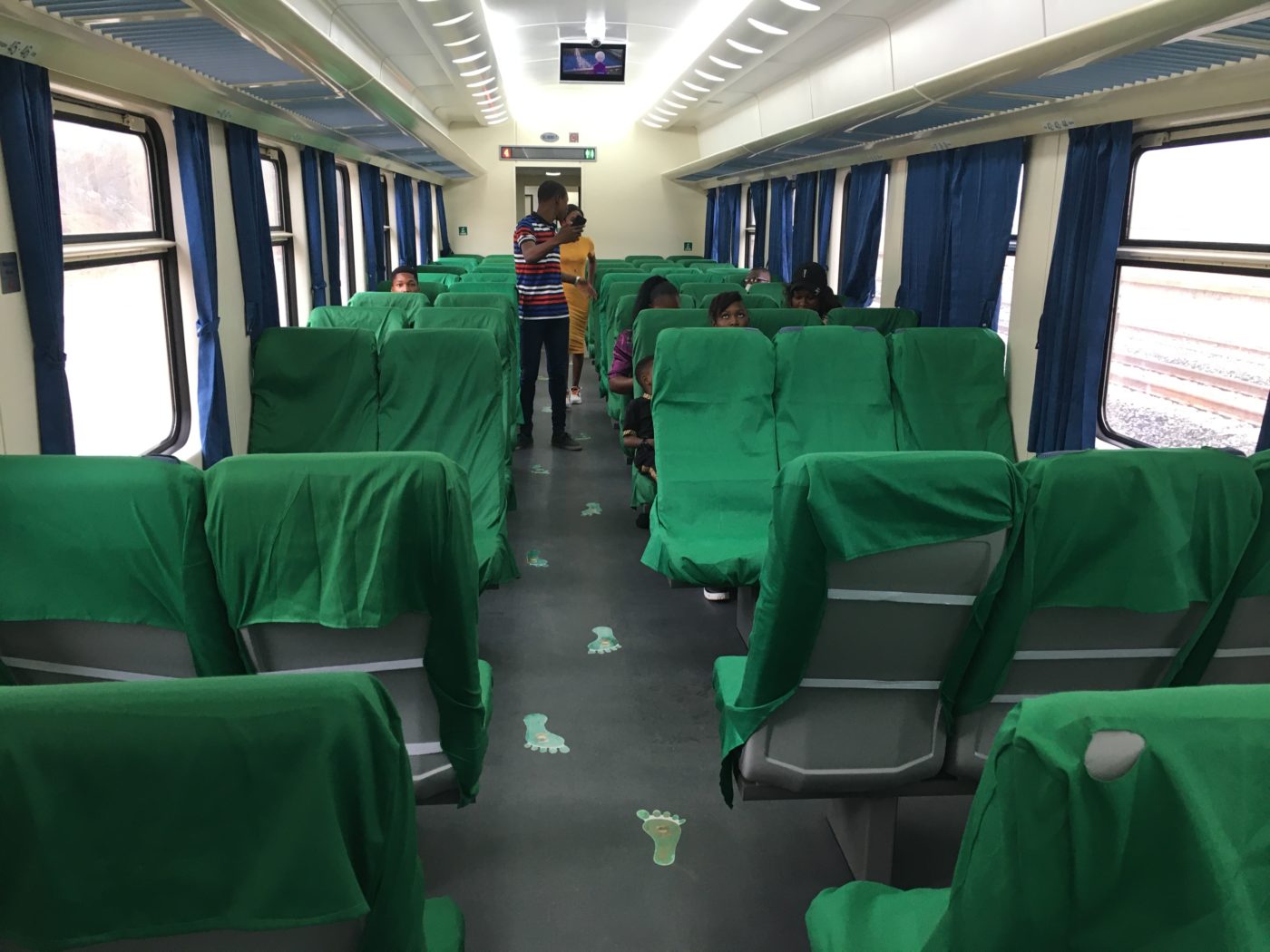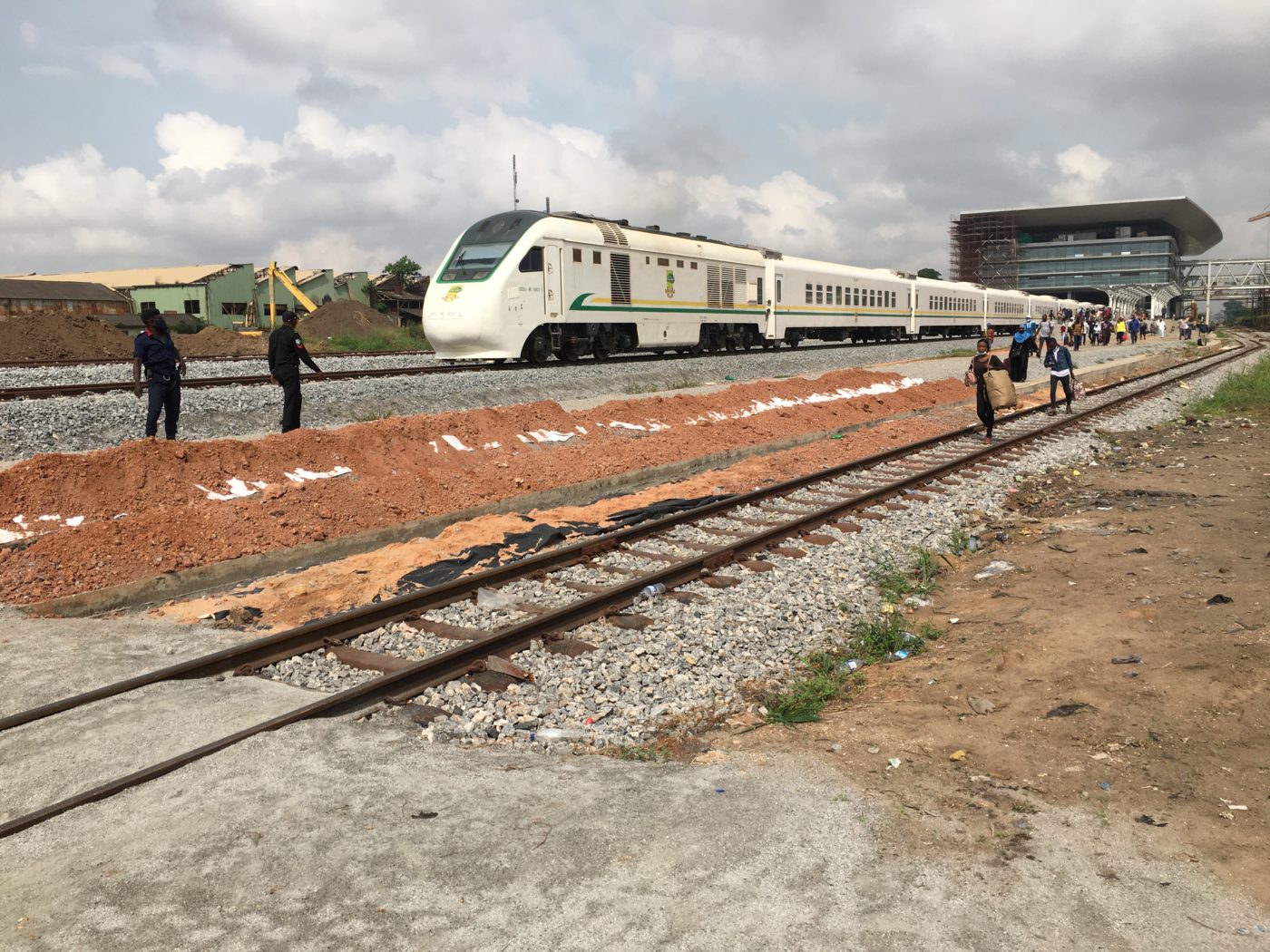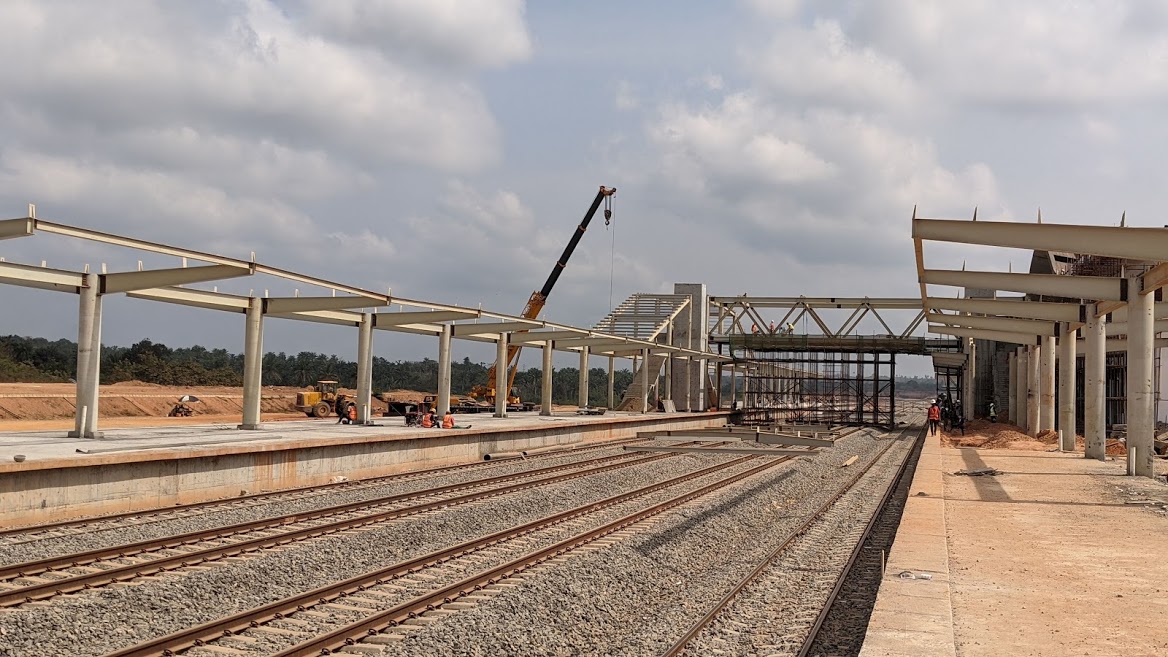…I devoted myself to sumptuous
moos and hallelujahs. Look around you:
only the absence of certain people suggests
you did not sleep throughout the whole journey.
-Terence Hayes
Unlike Hayes, I no longer devote myself to sumptuous moos, and I have struck beef off my menus. Not because I am an Adventist as most people believe we are generally vegans, but because I have told myself to go green more. Of course, I take personal spirituality over mainstream religious congregations these days. I shout my hallelujahs in my corridors far from the showbiz of most Nigerian Pentecostal chapels. So I am not that votary Christian you might be looking for. I find my persona in the voice of the writer of an essay I had read on Preachy the other day titled, “How to become a confused-ass Muslim” in which the author talks about self-spiritual journey which has put him in middle space where he is neither thorough-going muslim nor a convinced atheist.
But then, Hayes is also right. I didn’t bat an eye throughout the whole journey. My coach was also scantily filled. After the train took off, wakeful, I fiddled through my Twitter page to catch the latest gist and what was trending. I got one. Nigerian government was threatening its citizens with a deadline. Nigerian Communications Commission announced that all mobile lines must be linked up with national identity number. I shrugged off the worries. I had gotten used to impromptu policies as such. I had tried to register for the national identity number in 2014 and was unsuccessful. I moved away from my feeds and began to pace through “My Life as a Hummer” and those four lines kicked me in the right spot, while sitting in a quarter-filled coach on the NRC’s diesel fueled new locomotive train heading for Lagos.
I closed my pages of Hayes and looked around me. A lady in light blue uniform walked past and smiled. Few yards across from me was a guy in a cardigan working on his laptop. The inside of the train was freezing cold from the air-conditioning. A conversation had just begun about a man who was pressing out numbers on his phone while standing on the rails in Lagos and got hit by the train. By some strange luck, he didn’t die. The trend of the conversation, led by a protuberant man in a black jacket was gratitude – why we should be thankful to the Nigerian government for making this kind of miracle happen. The conversation on trains and miracles made me want to object, and tell them there is absolutely nothing to be thankful for. It is what all responsible leadership of good countries should provide. It is the office and job of the Nigerian government to provide basic amenities and ease the unpalatable condition of getting about in Nigeria the trauma of our national transportation systems. But, I decided to enjoy the conversation from a distance. Two women had previously emerged from the coach that joined ours from the back, and waited by the door. The chit-chat had started earlier while I brought out my copy of Terrance Hayes’ How to be Drawn. Hayes has a way with words… But I was getting ahead of the train ride.

There was a prelude to this journey -the reason for my earlier arrival in Ibadan the day before, to find out where exactly I would board the train to Lagos on Thursday at Moniya, Ibadan. You can never be too sure of Ibadan traffic these days. Ordinarily, Ife city where I stay is just an hour away from Ibadan. But where it concerns Nigerian roads? Your conjecture of how quickly one can get between two points is as good as mine. My old friend from Ifẹ̀, Eagles (E.), was to host me for the day since the train would be leaving at 8 A.M the next morning. A couple of hours after my arrival in Ibadan, I tried to check for what the internet offered on the recent rail network that leads to the feet of the Atlantic. As the sun hit the middle of the sky, my anticipation to know the exact place where I would be boarding the next morning knocked harder, I did a few Googlings. Moniya. Ibadan. Train. Book. Four keywords for the algorithm to sum up my search. I got zero in return. Ah, but I got the media shouts. Pictures pixelated to the last details. All fine, well angled, Instagrammic. The tweets came with manicured lines, and pictures of the hypotenuse nose of the locomotive. But what was I thinking? That I could loaf all day on the sofa and imagine that I could set up my trip like that? You can call that an American hangover. Late last year, sitting in my room at The Murch, in the wintry weather of Fayetteville N.C., it was just a few minutes of swipes on my phone to book a ride on the United States of America’s rail service, the Amtrak from Union Station at Philly to Thurgood Marshall in Baltimore. With an e-ticket, barcode, and my card pinging me a debit note in the background, I was all set. The faceless transaction was my first American lesson. Almost everything could be done online, and you can set a trip for a year ahead just with a few clicks. This wasn’t America. Yet, I wasn’t going to give up so easily.
“Could you please find out what we can get on the NRC website? Perhaps, there is a number we can call?” I prompted E. to investigate the logistics of my trip further .
On the portal, there was no link where you could schedule a ride whether for the fully operational Rigasa Station or for this new one in Moniya. E. later found a number on the website with a side annotation stating, call for enquiries. After many calls across where the automated operator kept saying the number was not available, I decided the best way to clear all doubt was to visit Moniya. E. and I first took a cab from Alakia to Iwo Road, then from Iwo Road to Ojo and then finally to Moniya. Arriving there, we flagged down an Okada that took us to the new station. As one approaches the station on the uneven and dry path, there are newly painted yellow and blue shipping containers seated side by side to the right hand of the path. There is a banner on the wall of one container stating times and charges for the train journeys from Moniya to Lagos. Harmattan hadn’t arrived, yet the breath of heavy machines and other engineering routines on the construction site at the main station and annexes generated clouds of dust. Thankfully, I was wearing my mask. The main station is a huge dome with metal pipes stuck to its body as scaffolds, and men in different coloured helmets hung off it like lizards. Compared to the station in Mosakore, a small terminal village in the ‘60s at the back of my hometown now a sanctuary of rats and squirrels, the dome is significantly bigger with a modern design.
Some feet away from where the Okada motorbike dropped us, two men were taking instructions from a rotund Chinese man with a cigarette dangling loosely between his lips. Yards from the shipping containers is another smooth-faced concrete field. The whole station is overlooked from the rear by a hill of tall palm trees.
The rail tracks pass in front of the dome ending abruptly a few yards away. E. and I moved closer to the container where the banner hung. I ran my eyes over the list, and midway found the least expensive ticket to fit my wallet: An economy coach seat costing #2500.
So who was going to collect the money? Don’t they have a reception area here? Or, at least a booth where one can make enquiries? All these questions buzzed through my mind. I walked towards one of the many security men stationed all over the place, and asked him where the enquiries booth was. He told me if I was planning to make a trip; I should come early and the NRC people would be there in the morning to attend to me.
Just like that?
Yes, just like that.
Everything was incomplete here – the setting, the ticketing, the ambiance. Clanks of metal against metal. Workers shouting at each other around the uncompleted dome. Debris all over the place. The media did a scandalous job in giving the public false optics that cropped out all of these. The online images would whet your appetite for an inspiring train journey. It made me worry and ask the question, why the hurry to launch? Why couldn’t they finish the stations before people were allowed to travel? But then, in Nigerian disorganisation seems endemic and exhibitionism can come across as ‘cultural’. Both have been perfected by the elite and are instrumental in laundering the image of political actor to buy goodwill from the people. More than often, work on public amenities are merely tools for self-aggrandisement. In the same trend, why should construction engineers go further and care about health disasters, or dense haze hanging over parts of the city?
I had implored the Okada rider that took us to Moniya to wait for a few minutes till I finished conducting the business of booking my ticket. Luckily, he agreed. He probably acquiesced because there were next to no clients to carry back into town. I worried whether I should continue or schedule for another time because of the state of the train station. I decided to go ahead because I was looking forward to an adventure to really observe the rural sprawl of Ibadan through the windows of the locomotive. A local quixotic pleasure I call it. For the very first time, to travel by train to Lagos. I tapped E. to hop on the bike for our trip back. We made a semi-circle and followed the dusty path back towards the tarred road that leads into the hearth of the city, the haze of dust stirred up behind us.
The breeze on Thursday morning was cool and pleasant. By 6:30 am, I took a Keke from Alakia where I had spent the night to Iwo Road, then headed to Ojoo where I waved down a cab going to Moniya. The train was scheduled to leave by 8 a.m. I would have liked to believe that it would do so on time. I didn’t want to risk a thing. By 7:30 am, I was at the station and saw a few people loitering around the containers. There was a makeshift booth beside the yellow container where the people were being attended to by NRC officials. Two ladies in NRC uniforms sat behind plastic tables. They were attending to a short queue formed at one side. The ticketing process was ‘traditional’. And it seemed we were possibly back in the era of the steam engine where computers were missing. We had to say our names, present IDs, after which our names were written in a log book, then a ticket watermarked in green and orange ink with the stamp filled in with the date. What would happen if these officials had to do this same procedure for 500 passengers! I wondered how difficult it could possibly be to have an online application that could do this in minutes. A pass code by simple recharge or dial? As opposed to this familiar game of discomfort/dis-ease where it concerns customer service and the Nigerian public.
Travellers who had purchased their tickets sat on plastic white chairs provided in the open space. Besides the two ladies manning the desk, a man stood watching over the process. On the Wednesday before that day, I read on the banner that one must come with an I.D. Before I was ticketed, a man arrived with no ID. The superintendent asked him to provide his ATM Card as evidence of his Nigerian ID. He brought out his ATM card and the superintendent passed him with a warning. A few moments later I went back to the NRC ladies to ask for the URL where one could book online. I received a quizzical glare from the one sitting on the right. Then a lukewarm low mumble of, maybe there would be one in the future. I understood her grudge. It was probably about developing an app for booking that would technologize the system to the point where all loopholes allowing the operation of the black market closed. Not yet, but they were already preparing the ground for it. A few days ago Damz tweeted to alert the public on what was happening at Rigasa Station where tickets were traded on the black market. I suspended my suspicion till further notice, and instead took some pictures of trees.
Fakafìkì is a Yorùbá onomatopoeia for the sound of the steam engine. The description of what they spoke to people’s ears as they ran the length and breath of Nigeria in the early days of independence. I heard the word first from my grandfather in one of my moonlight folktale times with him. Gross mismanagement ended the old railway that began as a colonial project. Now that it isn’t working anymore, the old tracks are carpeted in grass and nobody knows where the coaches that once ran on the tracks are. Are they in some undisclosed museum? Let’s leave that now.
At 7:45 am, the train’s honking pierced the air. A few minutes later, it appeared. Neat, white, reptilian and diesel-fueled. Not one Fakafìkì sound. We were asked to approach the door. The uniformed ladies and other NRC officials ushered us to the doors that led to the coach class each passenger paid for. There was also a Covid-19 prevention routine: a scanner to check passengers’ body temperatures and a squirt of sanitizer that smelled like ogororo. And an officer that yelled at you to put on your mask if you weren’t doing so. I adjusted my backpack as I joined the queue. Before I entered the train, I asked the person behind me to take some nice shots of me going in.
I made my way towards a window seat at the right-hand side of the coach. All us that boarded were barely 50 persons in total. The chairs were in green serviette. There were foot marks on the floor for social distancing. On the screen hung beneath the roof of the coach, a Chinese fairytale was showing. Nigeria took many billions of dollars from the Chinese government to actualise the country’s railway dream. As at March this year, the Nigerian government had accrued a debt of $3.121 billion. Although the debts are supposedly-linked, the chunk of the money was meant for the Nigeria Railway development. Perhaps the children’s fairytale then is an aide-memoire for the debt. Hopefully, when we pay these guys back their debt, we will be able to watch perhaps some Hubert Ogunde or T.K. or some nice Mo Abudu show on Lagos’ splendour. Six other people sat in my coach. Everyone seemed to be awed by the interior of the coach. The chairs were comfortable and the coach was well-lit. For the first few minutes, we were all trying out different poses, taking pictures of ourselves and the alluring interior decor of the coach. I sat at my corner cross-legged listening to the announcer, my bag on the vacant seat next to me. Our trip would be at a speed of 75 km/h, he croaked. My lecherous self-noted I would prefer a female voice. From 8:00am, images of Ibadan suburbia had begun to fly past. I managed to catch a few stills as we moved through the adjoining settlements of Moniya. A herd of cattle with egrets settling on their backs. An incomplete church with the colourful banner hung at one side. A woman half-clad in an ankara wrapper carrying a child. Two children tilling a tiny plot of cassava farm. We were a spectacle in our own small way.

Further down on the coach window’s wall was a USB conductor provided for charging electronics, as well an electrical socket. I brought out my phone and connected it up to charge. At round 8:20 am, the operator announced we were closing in on Omi Adio station. This prompted me to look outside the window for a few minutes. Omi Adio was also undergoing construction, with iron bars jutting out from all sides of the incomplete buildings.
Where is your ticket?
It was the same woman who gave me my ticket at the makeshift booth at our point of departure asking. I was trying to see if free Wi-Fi was indeed available on the train but a page with 404 instead popped up on my phone screen. American hangover again. I held the ticket out to her, and she perforated it. She moved ahead and asked to see other passengers’ tickets. Fifteen minutes later, we were passing through Olodo Station which looked very much like previous incomplete ones. Earlier on at the beginning of our trip, the operator had announced we wouldn’t be stopping until we reached Abeokuta.
There were four sections to the train: First class, Premium, Business and Economy. I stood up from my seat to go and see what was happening in the other coaches. The NRC staff sat in the business coach as well as a policeman who laid out an AK-47 rifle on his chest. I approached one of them to ask if there was emergency medical services on the train. He asked if I had seen any lady in a light blue jacket a few minutes back. I nodded. He said that this lady was the nurse. I went about my business…on to first class which had less than ten people. The air-conditioning seemed to be strongest in economy class. I went in search of the nurse. She wore a blue jacket with an Obafemi Awolowo University badge on the breast pocket.
“Great Ife!” I saluted “Great o!” She responded “When are you graduating?” I asked. “Ah I already graduated. Class of 2017,” she enthused proudly. “Oh nice! I was in the class of 2012,” I said.
By 9:09 am we were in Abeokuta. It was sunny already. The train made some rough sounds, and shrieked to a halt. Some people disembarked. I joined them to take a brief break from the train. On both sides of the terminal, Abeokuta descends steeply. On the left, the highbrow topography of the elites, on the left, the urban mix of classes. Three policemen stood outside the doors of the train and a conductor signalled the way out for those stopping at Abeokuta. The woman who sat four rows away from me and the gentleman with her were journalists. They came out and stood on red carpets laid out on the platforms to record a short video about the smoothness of the trip, the comfortable interiors and the efficiency of the staff. Perhaps, the red carpet was part of the train propaganda.
Close by, a water sprinkler was attached to the back of a lorry dispensing water on the red soil to reduce the rising dust. The terminal in Abeokuta was still under construction as well. As I was re-entering the train, a man in buba who was in my coach handed me a Christian tract, something about hell-fire. I squeezed it into my bag. The conversations started up again in the coach. This time, the subject was whether the terminal at Moniya would connect to the one in Abuja soon.
As one of the NRC ladies walked through the coach, a man emerged from the front door to ask her if there was a plan to reduce the price of tickets when the trains began to carry fuller coaches considering traveling on commercial buses from Ìbàdàn to Lagos was just 2000 naira or less. The lady replied she was not sure yet and continued into the next coach. I swiped on my phone and sent a few shots I had taken to E. on WhatsApp. He was surprised by the neatness of the coach, but we both worried whether it could be maintained in the long run. At 9:47am, we were close to Lagos, at Kajola terminal, but we would not stop. As we went further into the metropolis, Lagos, shanties, old and modern emerged. Rubbish heaps close to the train tracks appeared while sellers wove in-between them. Some of the sellers and passersby stood for a few moments to wave at us. At Agbado, the pockmarked wall of the burnt police station brought up memories of the recent #EndSARS protest.
We were in Agege and I was enthralled by daredevil vendors whose wares were placed almost directly on the tracks. I jolted back in shock when a woman dashed in from the coach that adjoined ours. The woman yelled at the NRC staff who were loitering in our coach to go and tell the captain that he should stop the train because she would like to disembark in Agege. One of the ladies responded that the train wouldn’t be stopping again until the last terminal at Alagomeji. She looked disappointed as she returned to her coach.

By 10:45 am we were in Alagomeji. The last station. As the train slowed down, the operator reminded passengers to keep their seats till the train stopped completely and the doors were open. Most people were already on their feet and some had moved close to the doors. Two minutes later, the train stopped, the doors opened and people trickled out. I don land. I messaged my friend, Kola Tubosun, on WhatsApp. He passed me further instructions on how to get to him. Alagomeji Terminal has a big dome similar to that of Moniya, its body fitted with metal pipes and other scaffold materials, labourers moving about doing their work. I came outside into full Lagos heat- a shock to the system when it was such a contrast to the freezing air conditioned coach. The train tracks end a few yards close to that tail end of the old Yaba Terminal. There is presently no transport plan to convey passengers outside the station and you have to find your way on foot. I ambled towards a Lagbus bus-stop a few feet away from the old Yaba station. It felt like no matter what, you couldn’t avoid Lagos traffic…Here I was for all the speed of a moving train, meeting it in front.
Salawu Ọlájídé’s works have appeared or are forthcoming in The Mantle, The Republic, Popula, ZAM, Third Text, The Offing, The Journal among other sources.
